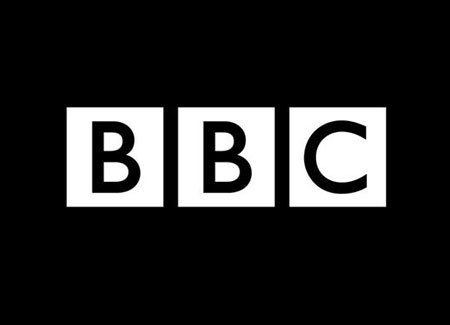On City of New York’s “Computer Science for All”
Today I’m taking a look at the City of New York’s recent announcement of its plan to introduce computer science to all public schools in the next 10 years.
I’m always interested in the details of public announcements. Where is the money coming from? Where is it going? and how will it be measured? Here’s what I could find out about this announcement:
- $81 million dollars over ten years to introduce computer science to all public schools in the next 10 years (by 2025?)
- It will be a 50-50 public-private partnership with the first 2.5 years funded by three Foundations (the Solomon Wilson Family Foundation, Robin Hood Foundation and AOL Foundation). This makes the City’s contribution approx $40m or around $4m per annum. This also means the City of New York will essentially need business development managers to find the remaining funds.
- Computer science will not be a graduation requirement. It will be compulsory up until year 8 and then middle and high schools can offer the subject as an elective.
What I couldn’t figure out is how the money will be spent, and by who. There were a few leads – the first is that the City estimates it will need about 5,000 trained teachers. The second is that the National Science Foundation has said it plans to train 10,000 teachers to teach computer science. Although this May 2015 release talks about the NSF training approx 100 New York public school teachers. I’m hoping those 100 were a pilot for an ongoing program.
This announcement is part of a much larger education initiative to support literary and numeracy programs with the measured intention of increasing university participation rates. It also builds off two other initiatives: a computer science teacher training program (2013, mentioned above) and an Advanced Placement program (2014), that would see college level material offered in high schools.
The program is expected to face challenges in training enough teachers, supporting schools and students with infrastructure and also adapting the content and learning styles to accommodate a world where coding is taught in boot camps, micro courses and in project based learning. Critics of the program have said that this money would have been better spent increasing numeracy and literacy rates and that teaching computer science is a passing trend that will be quickly outdated.
My thoughts:
I’d love to see the breakdown of how the money is being spent. Not to critique it, but to gain ideas for what we could be doing locally. Other programs I’ve looked at spend their money on teacher training, so that would make sense. Infrastructure is another bucket that needs funding but is much more expensive as you have both capital and maintenance costs – mixed with your standard deployment costs.
Teacher training is a very real issue. It is something we will face here in Australia. I also believe that it is a known issue therefore can be factored into deployment plans. If there is a serious plan to rollout coding in schools then the teacher professional development side of things should not be underestimated as it plays a serious part in the program’s success.

